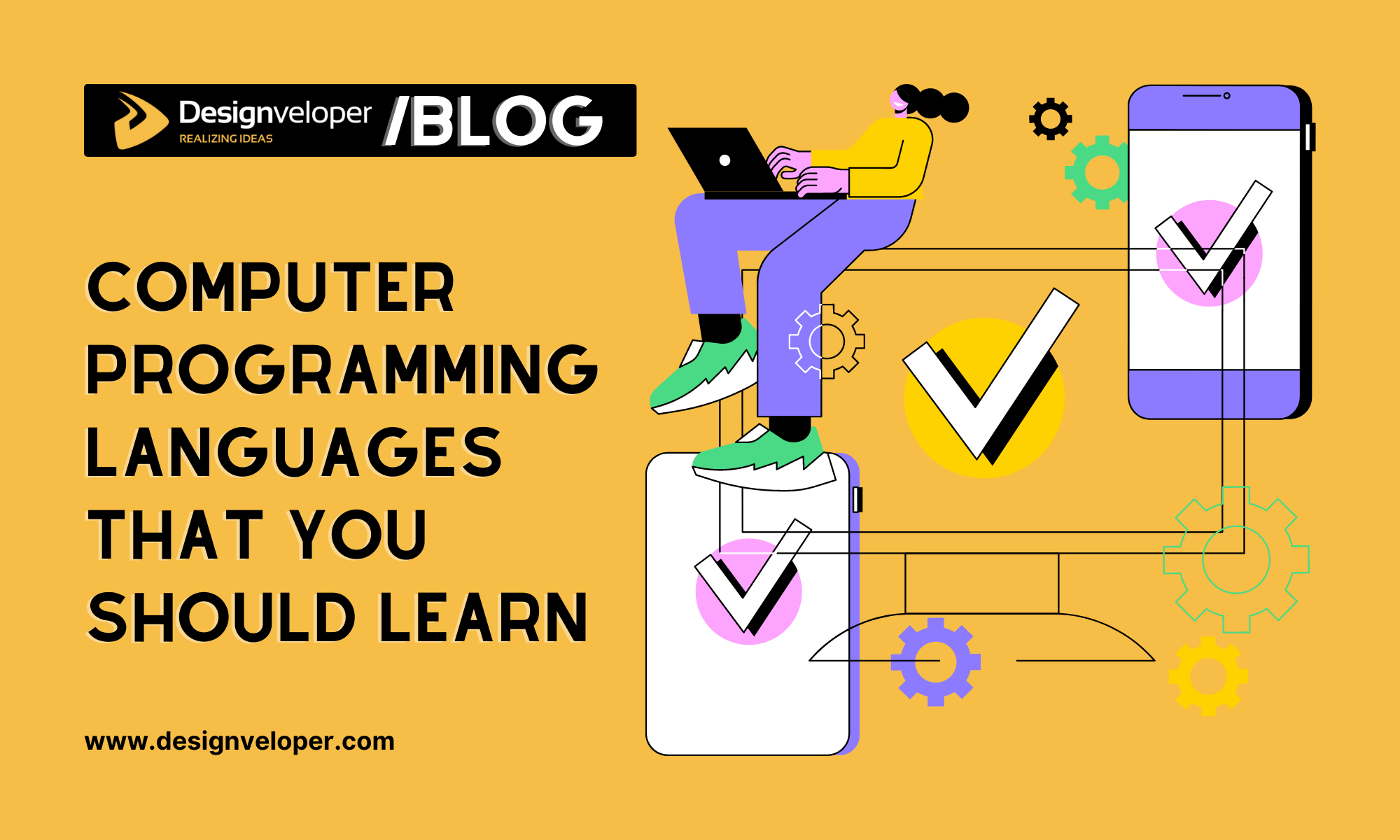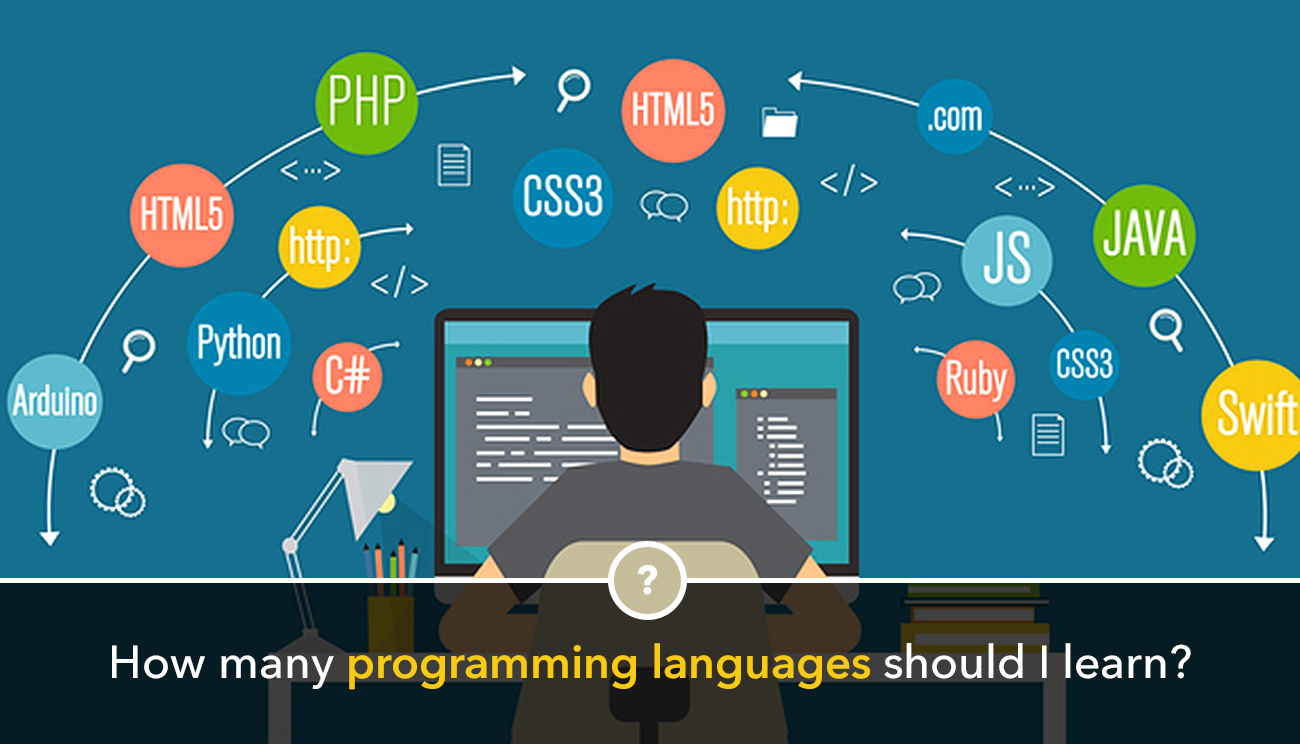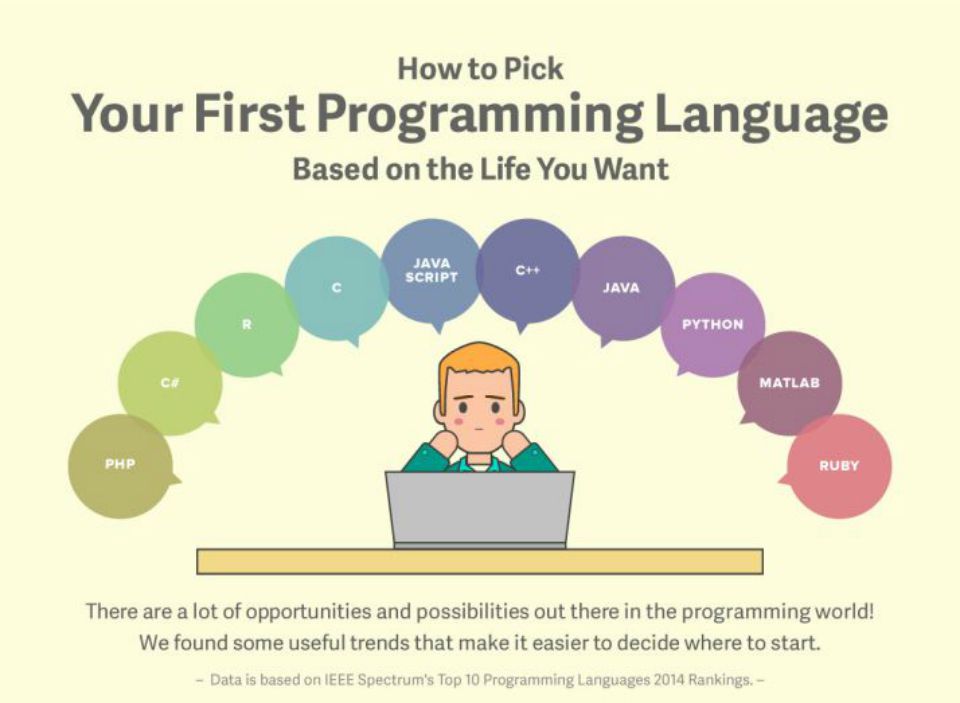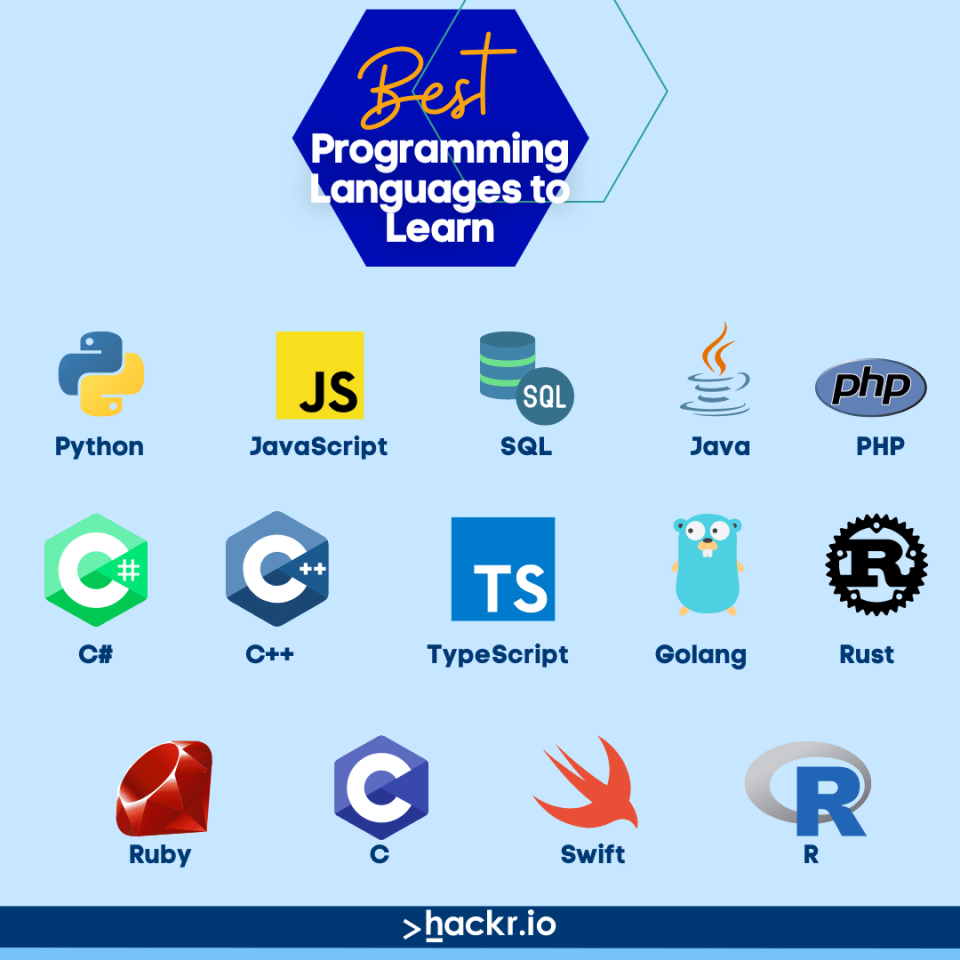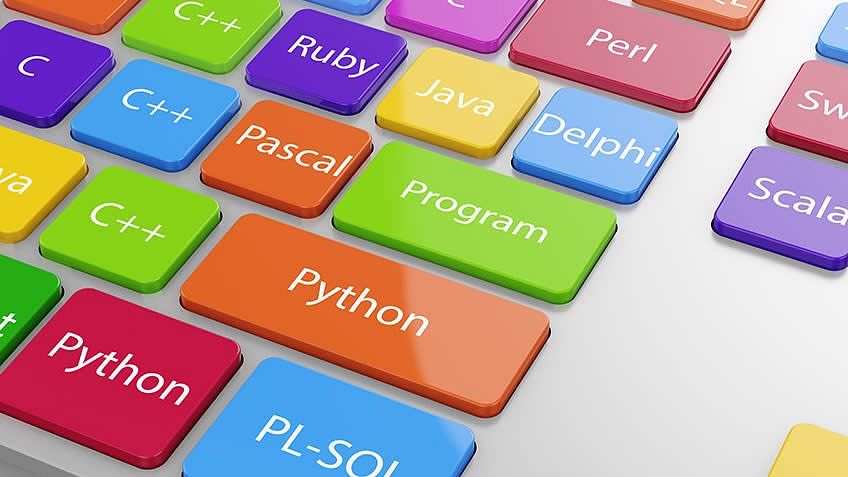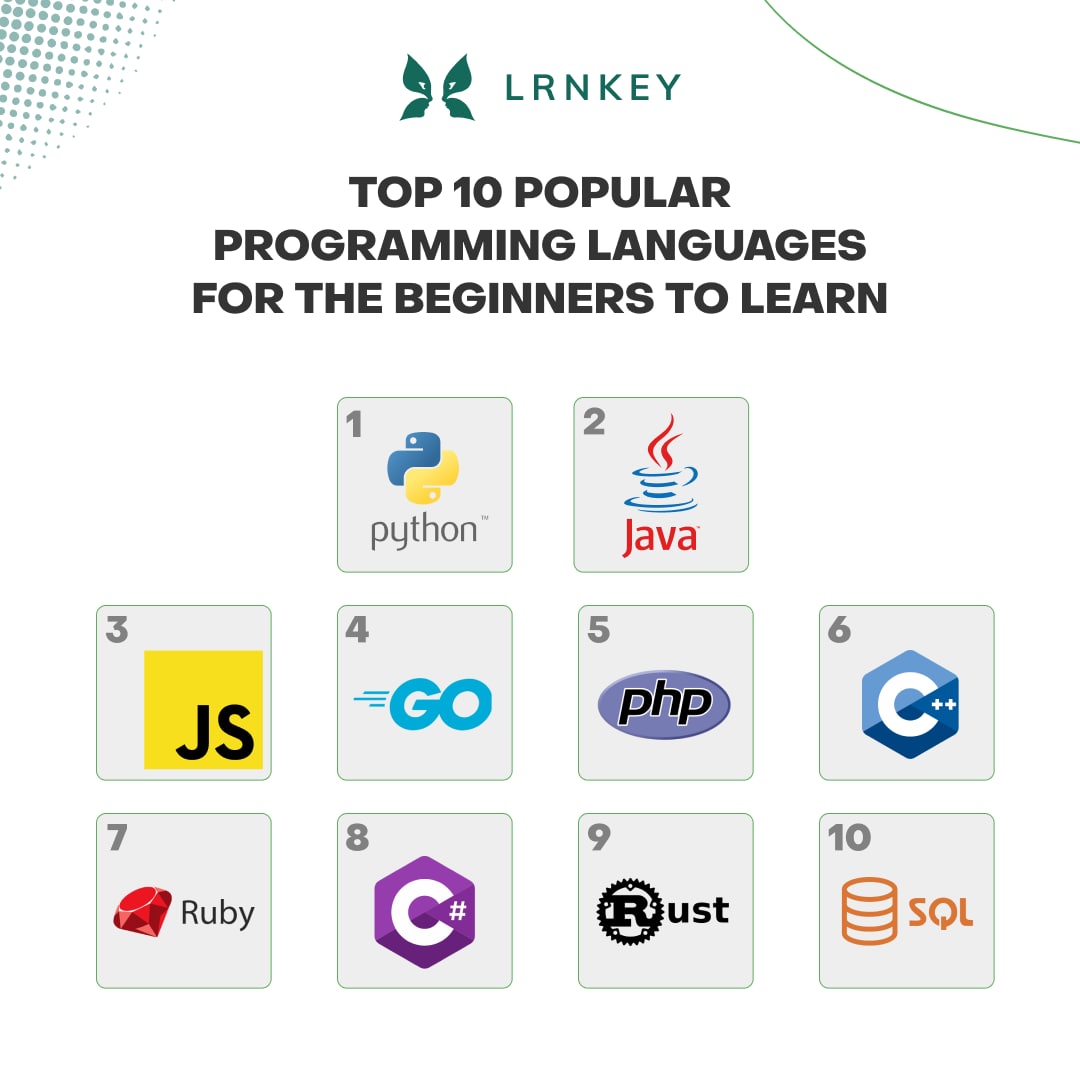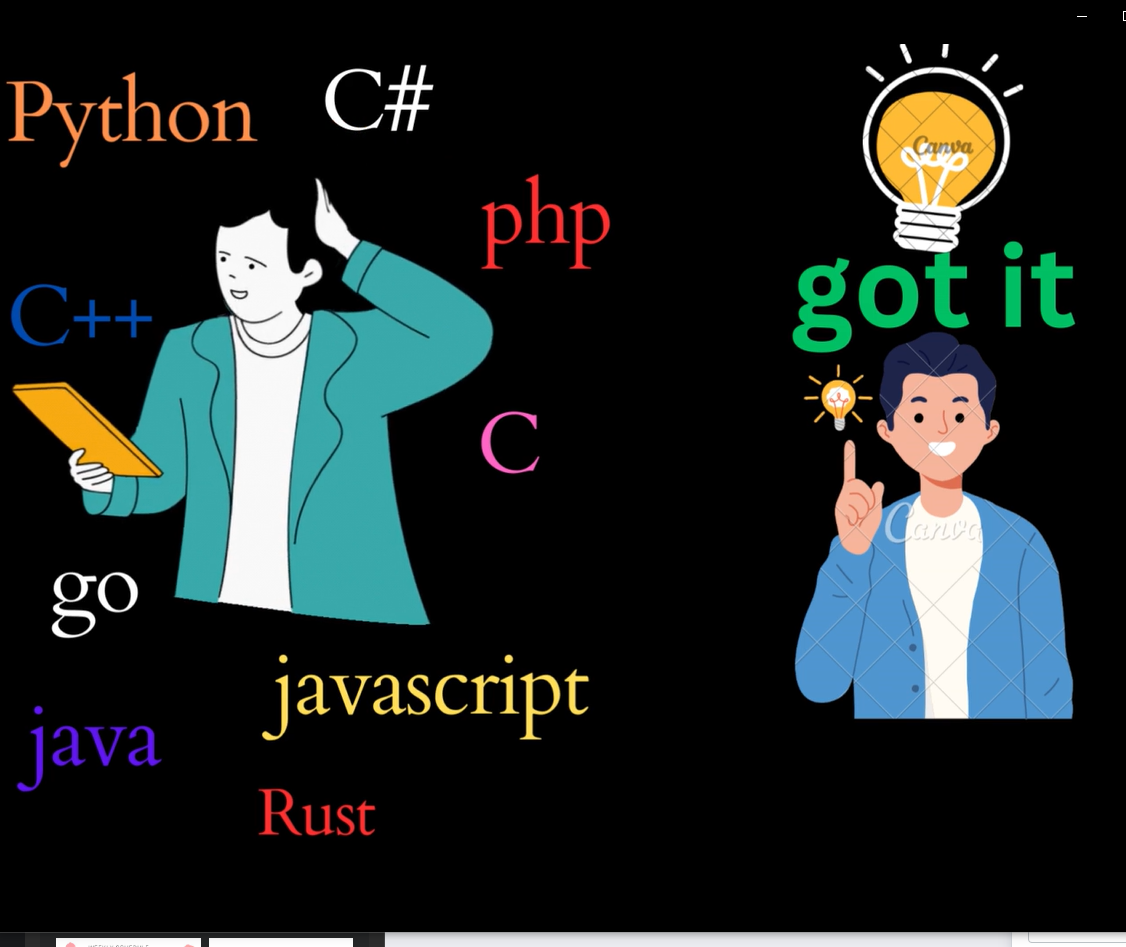Which Computer Programming Language Should I Learn
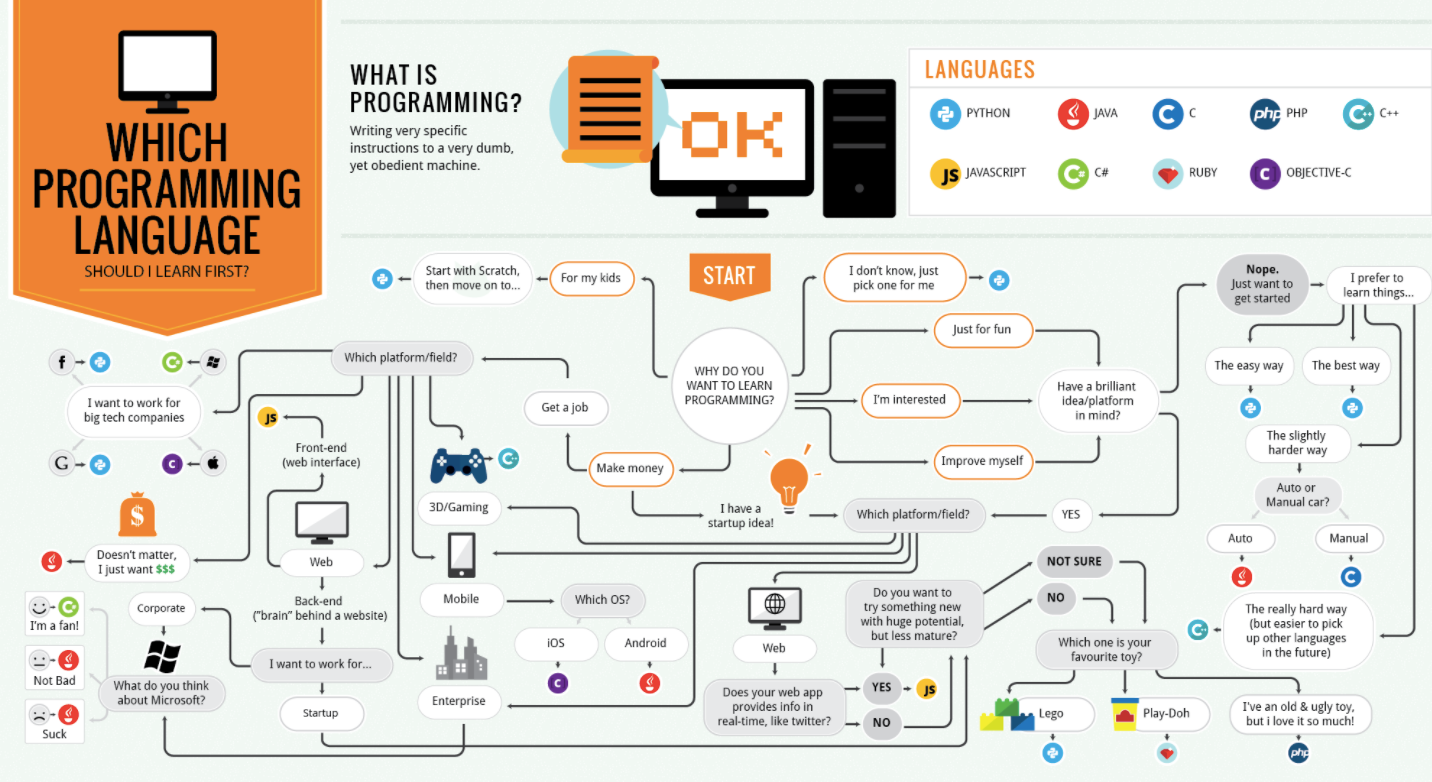
The tech world is screaming: skills gaps are widening. Your ticket to ride? Mastering the right programming language, and now is the time to decide!
This article delivers a sharp, data-driven guide to help you choose the programming language that aligns with your career goals and the current demands of the job market.
The Frontrunners: Demand and Opportunity
Data from platforms like Indeed, LinkedIn, and Stack Overflow Developer Survey consistently highlight a few languages as powerhouses. Python, JavaScript, and Java dominate job postings, indicating consistent employer demand.
Python reigns supreme in data science, machine learning, and scripting automation. Its clear syntax and extensive libraries make it a favorite for beginners and seasoned pros alike.
JavaScript is the undisputed king of the web, powering interactive front-end experiences and increasingly robust back-end applications through Node.js.
Java remains a bedrock for enterprise applications, Android development, and large-scale systems. It is known for its stability and platform independence.
Emerging Stars: High Growth, Specialized Roles
Beyond the established giants, several languages are experiencing rapid growth. Go (Golang), Kotlin, and TypeScript are gaining traction for their performance, security, and modern features.
Go, developed by Google, is increasingly popular for cloud infrastructure, network programming, and DevOps tasks. Expect its usage to grow.
Kotlin is Google's preferred language for Android development. Offering improvements in conciseness and safety over Java, it's a strong contender for mobile developers.
TypeScript, a superset of JavaScript, adds static typing to the language, improving code maintainability and scalability. It's become a standard for large JavaScript projects.
Niche Players: Specific Industries, Deep Expertise
Certain languages excel in specific domains. C#, Swift, and R cater to specialized needs and offer significant opportunities within their respective niches.
C#, a Microsoft-developed language, is the primary language for .NET development, game development with Unity, and Windows applications.
Swift is Apple's language for iOS, macOS, watchOS, and tvOS development. For those targeting the Apple ecosystem, it's essential.
R is a statistical programming language widely used in data analysis, biostatistics, and academic research.
Choosing Your Path: Factors to Consider
Selecting the "right" language depends on your interests and career aspirations. Ask yourself: what do I want to build?
Consider your interests: If data excites you, Python or R might be the answer. If web development is your passion, then JavaScript and TypeScript are your friends.
Research the job market in your area or the industries you're targeting. Use job boards to identify the languages most in demand.
Starting with a language like Python or JavaScript provides a solid foundation. These languages are beginner-friendly and have vibrant communities.
Immediate Action: Start Learning Now
Don't delay! The demand for skilled programmers is not slowing down. Begin exploring free online courses and tutorials to get your hands dirty.
Platforms like Coursera, edX, and freeCodeCamp offer structured learning paths. Explore interactive tutorials and coding challenges.
Stay informed about the latest trends and language updates. Engage with online communities to ask questions and network with other developers. This will allow you to stay ahead.
The key takeaway? The best time to start learning was yesterday. The next best time is now.
